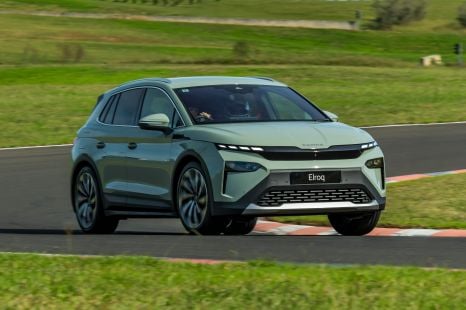

James Wong
4 Days Ago
General Motors has been looking into the development of fully-autonomous taxis for years, and it still believes they have a place.
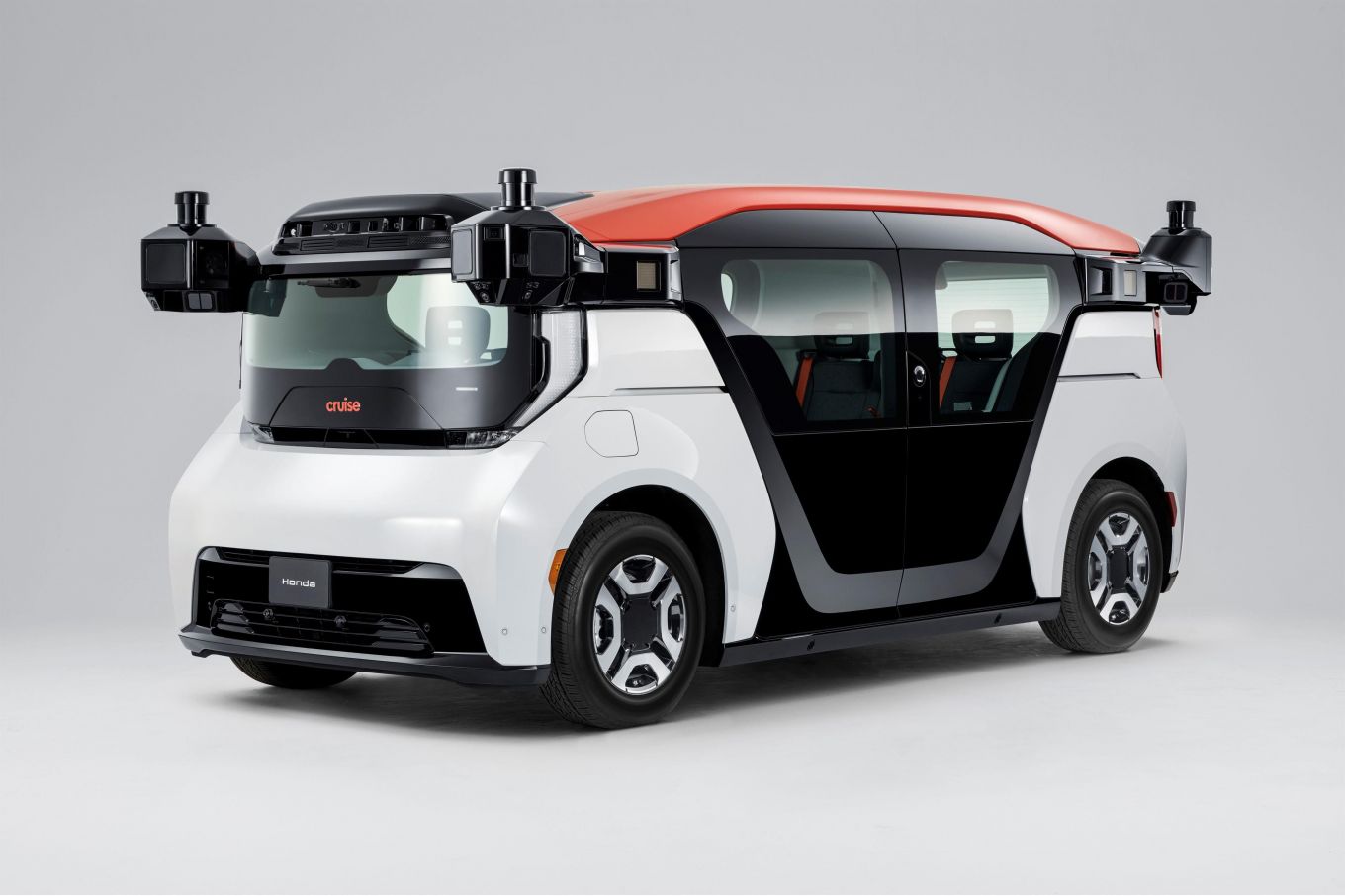
It’s no secret Tesla and its CEO Elon Musk have been pushing for fully autonomous vehicles for some time, most recently evident through this month’s unveiling of the long-awaited and long-delayed Cybercab robotaxi.
However, Tesla isn’t the only carmaker to be involved in the development of such vehicles, and it isn’t even that far ahead of the curve.
TechCrunch reports General Motors (GM) CEO Mary Barra still believes a fully autonomous vehicle is firmly in the future of her company, not least one that doesn’t have a steering wheel or a set of pedals.
Speaking at the TechCrunch Disrupt 2024 conference, Ms Barra said she had been working on the project through a years-long effort to change Federal Motor Vehicle Safety Standards (FMVSS) in the US, which don’t currently allow for fully autonomous vehicles.
100s of new car deals are available through CarExpert right now. Get the experts on your side and score a great deal. Browse now.
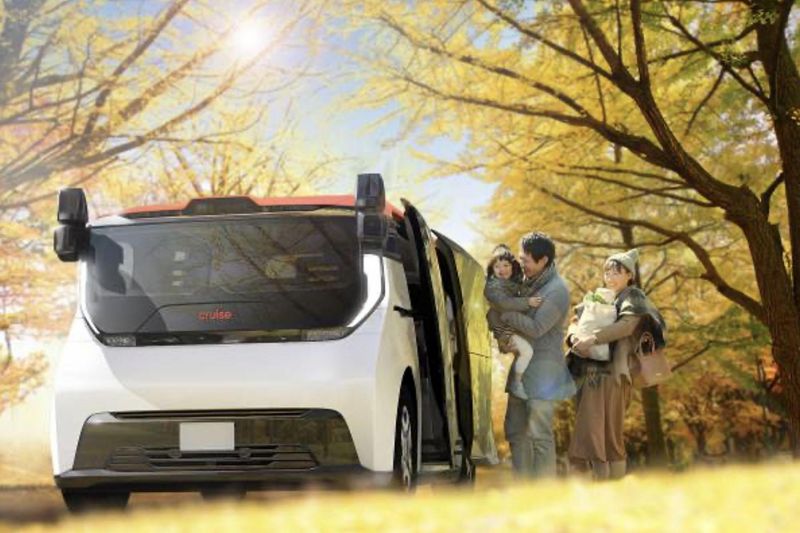
“I’ve probably been working on it for six, seven years now,” Ms Barra told the conference’s audience.
“There came a point earlier this year where we said: ‘How much harder can we go when we don’t have the legislative change?’ And then if you look at how hard it is to get a new law passed right now, we decided that we had to make the right decision.”
That decision was to stop work on GM’s Origin, a purpose-built robotaxi with no steering wheel or pedals.
It would have been operated by GM’s self-driving subsidiary Cruise, which has already been in strife following a high-profile incident in the US late last year.
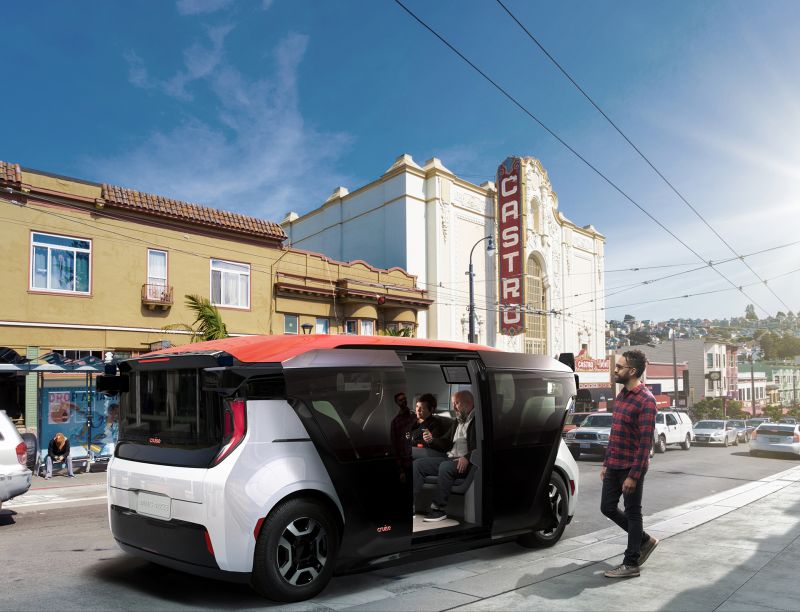
Cruise’s permit to operate its driverless vehicles was later revoked by California’s DMV, which was followed by the company suspending all operations weeks later.
Ms Barra at the time that GM would “refocus and relaunch Cruise”, despite the robotaxi firm losing more than US$8 billion (A$12.23 billion) since the auto giant took ownership in 2016.
The decision to end the Origin program was made in July this year, after which GM took a US$538 million (A$822.4 million) charge in lost assets and other restructuring costs. At the same time, Cruise had an operating loss of US$1.14 billion (A$1.74 billion).
Though the Origin, which GM once projected would be produced “in the tens of thousands”, is effectively dead, Ms Barra still “absolutely” believes fully autonomous vehicles have a place in the future of GM.
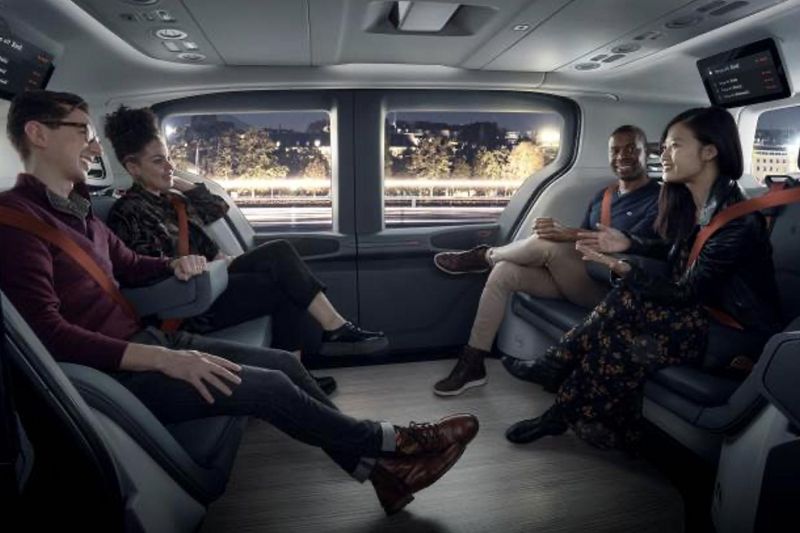
“We’re going to see how it unfolds and how consumers leverage the technology,” she told the conference.
She also admitted the development of such tech had taken longer than she hoped, saying: “I think we all thought in that 2016, 2017 time frame it was going to go much more quickly.”
With the cancellation of Origin, TechCrunch expects the next-generation electric Chevrolet Bolt to be a prime candidate to receive autonomous tech. Production of that car is expected to start next year.
Tesla’s Cybercab, meanwhile, is slated to enter production in 2026, following the start of “unsupervised” autonomous driving with the Model 3 and Model Y in California and Texas next year.
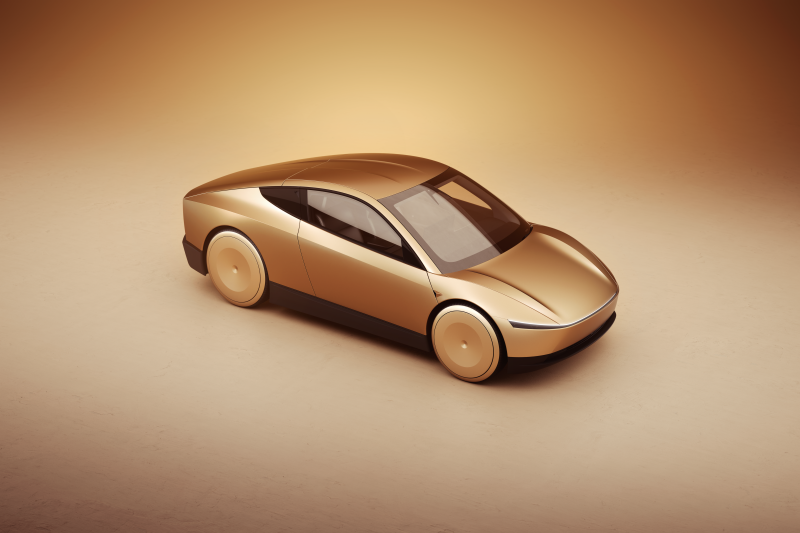
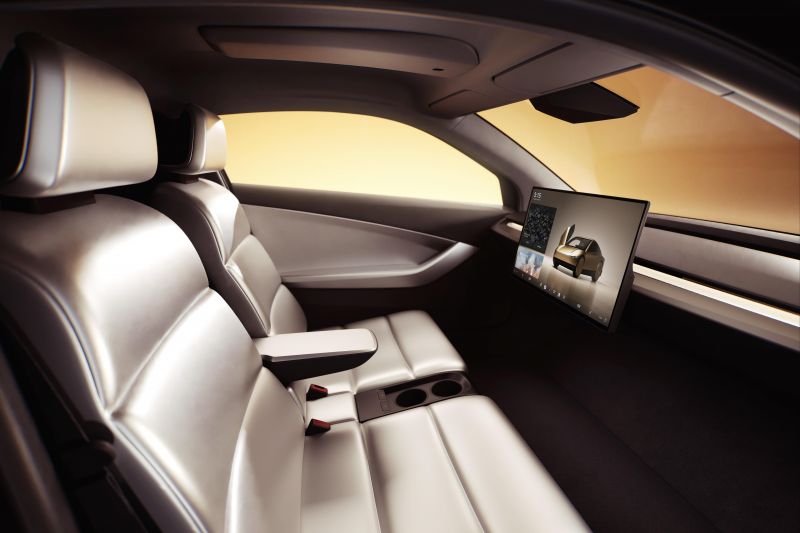
MORE: GM strikes a billion-dollar blow to autonomous driving dream MORE: Honda and GM’s autonomous taxis heading to the streets of Tokyo MORE: Tesla Cybercab autonomous taxi revealed
Max Davies is an automotive journalist based in Melbourne, Australia. Max studied journalism at La Trobe University and stepped into the automotive world after graduating in late 2023. He grew up in regional Victoria, and with a passion for everything motorsport is a fan of Fernando Alonso.


James Wong
4 Days Ago
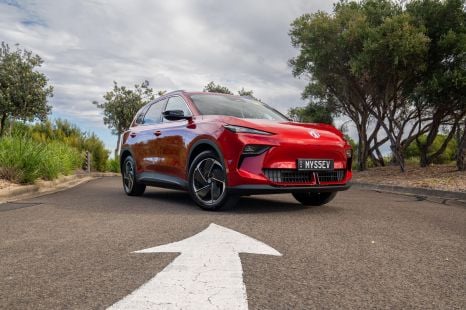

Andrew Maclean
4 Days Ago
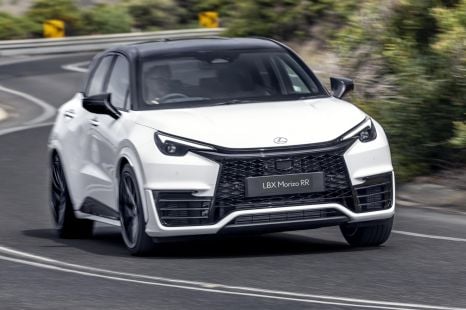

Josh Nevett
8
4 Days Ago
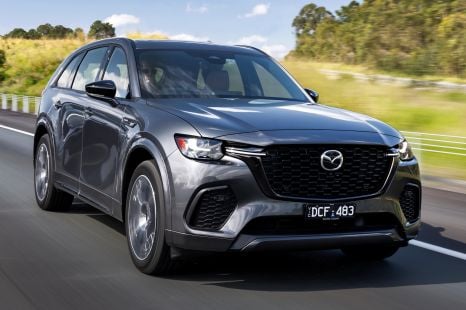

Jack Quick
7.9
3 Days Ago
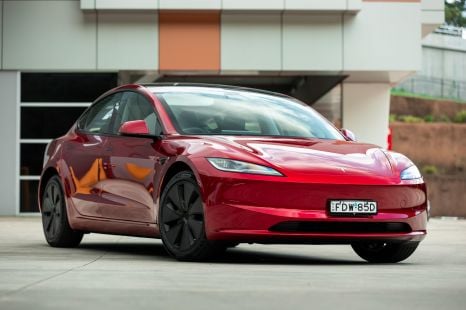

Damion Smy
2 Days Ago
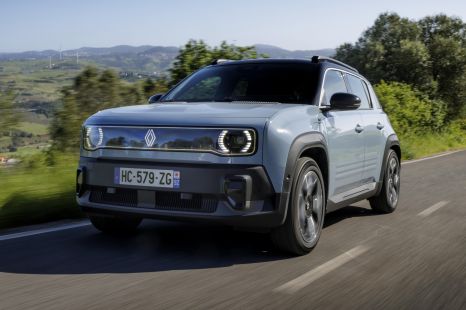

Neil Briscoe
2 Days Ago